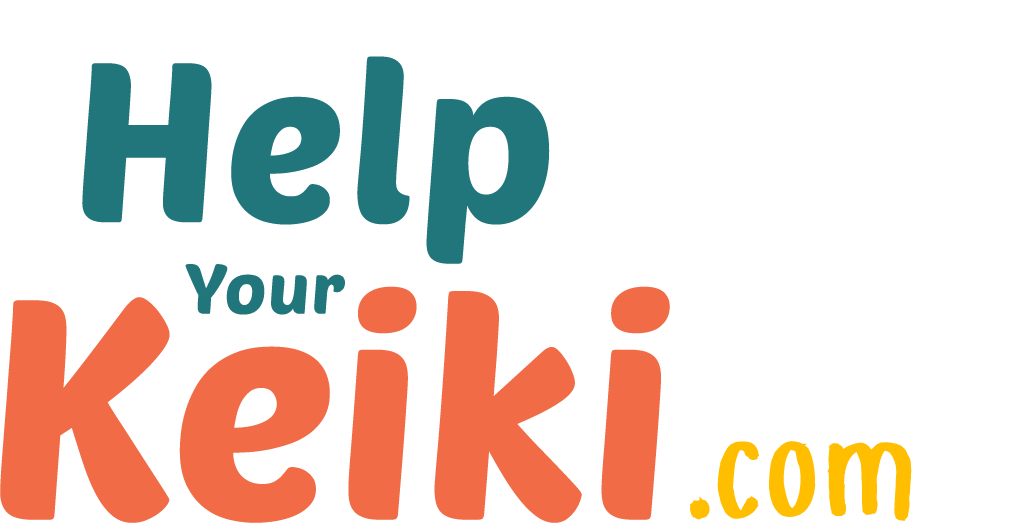Cognitive Behavioral Therapy [CBT]
This evidence-based approach is made up of several treatment components, and has demonstrated the BEST support for youth difficulties with anxiety, depression, trauma (see Trauma-Focused CBT), and disruptive behavior problems.
What should my child’s therapist be doing?
In family-friendly language, educating you and your family on how problems typically develop. This is done in order to provide a strong rationale for the treatment approach to be used with your family.
Teaching you and your child specific new skills for addressing your child’s concerns. These skills will help your child:
Understand the connection between thoughts, emotions and behaviors
Develop behavioral and cognitive coping strategies for dealing with problems
Unless your child has an emergency to discuss during the day’s session, CBT sessions always follow a similar structure:
Therapist and child/family decide together what they will discuss for the day
Therapist reviews “homework” task assigned at the previous session
Therapist teaches/reviews a skill for the day
Child/family practices skill for the day
Therapist and child design a “homework” task together
What should I be doing?
Actively participate in sessions, practice new skills, and support your child’s practicing of new skills.
Complete “homework” assignments. In CBT, major gains are believed to occur outside of the treatment session (i.e., in the home or school setting where the new skills are being practiced), when families work to make long-term changes.
Be open to constructive criticisms from the therapist. Remind yourself that they are only trying to help.
If there are other children and/or caregivers in the home, explain to them what their role is.
How will I know if it is working?
You and your child will practice your new skills within the context of “homework” and will eventually begin using these skills without being prompted
As your child learns to notice, interrupt, and correct negative thoughts and feelings independently, these new skills will help to lessen feelings of anxiety and depression





















